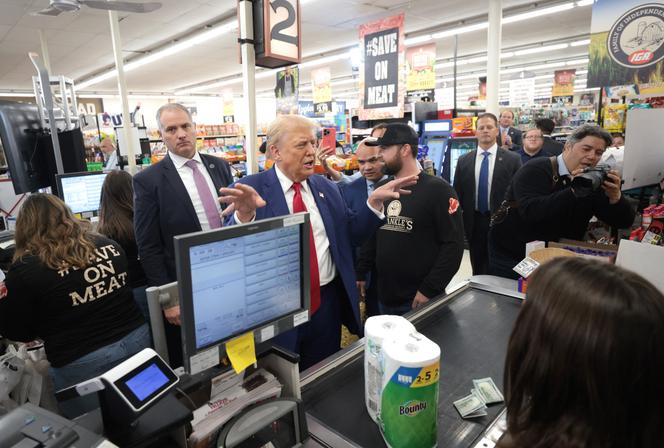


US President-elect Donald Trump would love to see himself as a Roman emperor ruling the country from his palace at Mar-a-Lago, Florida. Will he suffer a similar fate to that of Diocletian, who ruled Rome between 284 and 305 AD? Diocletian also faced a country enraged by inflation, which created great social and political instability. Unable to stem the rise in prices caused by the continued devaluation of the currency, he implemented a general price freeze on over a thousand food and industrial goods through an "edict of the maximum," which also capped wage levels. This solution, well-known to all economists, ended in resounding failure, pushing trade toward barter and destroying confidence in money.
Even before the invention of money, the world's rulers grappled with the phenomenon of a general and lasting increase in the value of goods, the definition of inflation. Inflation has often steered the course of history. Many analysts and economists blame inflation in the United States over the past two years for the triumphant election of the next president. "It's the major issue of this election, along with immigration, especially among the most low-income," said Thomas Philippon, a professor of finance at New York University. "Without inflation, the score would have been much closer and more uncertain."
Surprisingly, in a country with a booming economy, low unemployment and inflation back below 3% this summer, Americans have had a different perspective. Since 2020, they have seen food and energy prices – costs that impact people daily – rise by almost 25%. In May, Harvard professor of political economy Stefanie Stantcheva conducted a large survey to gauge public sentiment. Over 70% of respondents felt that their purchasing power had deteriorated. When it came to naming a culprit, they pointed first and foremost to the Biden administration. The next biggest factor, especially among Democrat sympathizers, was corporate greed, as companies have taken advantage of the situation to increase their profits. Traditional explanations, such as shortages, geopolitics or energy prices, ranked far lower in comparison. Although there have been wage increases, they came too late to erase the trauma of the sharp price rise experienced in 2022-2023.
It's the same story in Europe: Rising wages are not keeping pace with rising prices. When pasta prices rise by 20% in a year, they never go back down, even if inflation falls back below 2%. This is why political scientists are so obsessed with purchasing power. Does this mean that inflation and the anger it arouses invariably fuel populism and even revolutions? The process is more subtle. As Xavier Ragot, president of the French Economic Observatory, pointed out, it depends on historical experience and the dynamics of social power relations.
You have 52.88% of this article left to read. The rest is for subscribers only.
